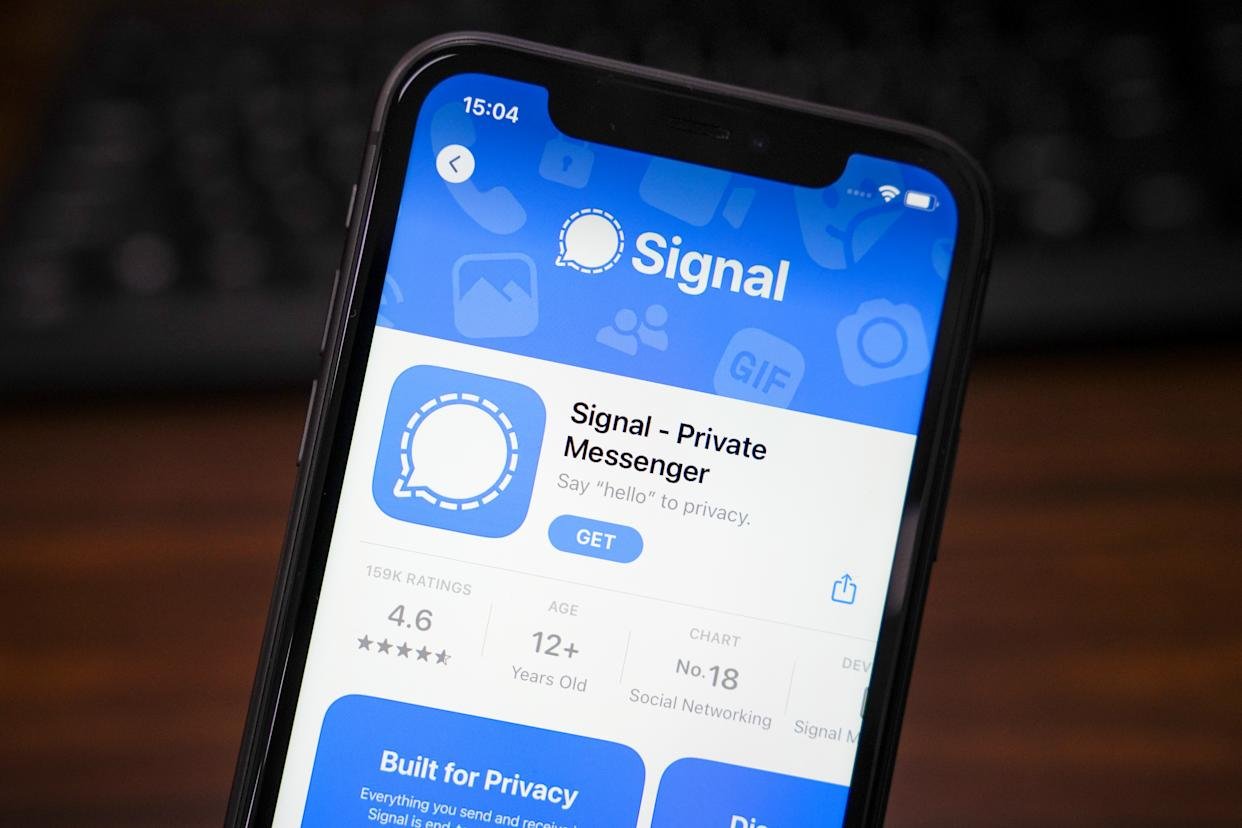A Major Intelligence Blunder
In a dramatic twist, U.S. Defense Secretary Pete Hegseth inadvertently leaked top-secret war plans in an encrypted group chat mere hours before attacking the Houthi militia in Yemen. What added to the panic? A reporter was inadvertently added to the chat and had access to secret military strategies.
The Accidental Leak

The leak occurred on business messaging service Signal when National Security Adviser Michael Waltz mistakenly added Jeffrey Goldberg, a senior editor at a major publication, to a discussion meant for senior U.S. officials alone. The discussion included senior government figures, including Vice President JD Vance and Secretary of State Marco Rubio.
During the two days before the attacks by the military, Goldberg had been able to overhear discussions presenting significant war plans. This brought out a critical shortfall in national security efforts, with issue being raised regarding the management of highly sensitive information by the nation’s top-most leaders.
Espionage Act Violation?
Some defense officials are now wondering if this unintended leak could technically be classed as a violation of the Espionage Act. The act strictly forbids unauthorized disclosure of classified national security information. The fact that these conversations were held on an insecure, commercial platform only makes things worse.
The U.S. government would usually use ultra-secure means of communication when it comes to secret talks. With the aid of an external application, the officials not only jeopardized classified intelligence but exposed it to hackers from foreign sources.
National Security at Risk
This discovery has attracted fierce backlash from political figures and security analysts. The incident highlights the risks of utilizing unsecured platforms for national security and military discussions.
One of the main worries is that if this reporter were able to obtain access to this secret chat, nobody can say who else might have been able to read the conversation.
Were there foreign spies intercepting these communications? Could this surveillance have put the success of the Yemen strikes at risk? These are the questions now being posed in the upper echelons of government.
Fallout and Damage Control
In the wake of this security breach, there is swift action to review how sensitive government communications are managed. Officials are now under greater scrutiny regarding the procedures they use for classified conversations.
The Defense Department has not yet made known if disciplinary action will be taken against the personnel involved, but security analysts believe this could lead to a complete makeover of communication policies.
Experts further assume that this incident will lead the Congress to enact stricter legislation on how government officials deal with classified documents. Cyber attack threats have been growing, and the incident underscores the need for more training and compliance from the top officials.
The Role of Secure Communication in Government
Government officials have used secure and encrypted communication networks for decades to protect confidential data. The growing use of commercial programs like Signal, WhatsApp, and even email for instant communication has introduced loopholes in security networks.
The irony in this is that the cybersecurity professionals have been cautioning against these threats for years. Yet, senior government officials continue to use unregulated platforms to discuss issues of a sensitive nature. This incident is sure to lead to a complete overhaul of communication policies of all government departments.
Lessons Learned
This event is a stern wake-up call regarding the dangers of electronic communication in our modern times. Even senior government officials are not exempt from the risks of improper handling of confidential information.
Information security specialists highlight the necessity of employing government-authorized secure communication systems for any national security discussion. This lapse underscores the need for stronger regulation of communication to avoid such accidents in the future.
How This Affects Public Trust
In addition to the direct national security implications, this error also raises questions about the general transparency and accountability of government. If it could happen that a watershed error was made at the height of power, what does that say about the condition of government cybersecurity?
The public expects national security officials to maintain sensitive information secret, and this leak can undermine confidence in the government’s ability to keep sensitive military operations a secret. If journalists were able to obtain these communications, citizens might wonder how well secured other senior government discussions actually are.
The Global Impact
Internationally, this mistake can have far-reaching consequences. American allies who share intelligence might now question how securely their shared intelligence is handled. Any breach of sensitive military information has the potential to impact diplomatic relations and even military alliances.
The event can also inspire adversaries, filling them with the notion that vulnerabilities in American intelligence can be taken advantage of. The U.S. government will most likely be asked to reassure its international allies that something is being done to ensure this does not happen again.
Moving Forward
In response to this scandal, cybersecurity reforms in government agencies are likely to pick up pace. The focus will be on adopting stricter policies, holding people accountable, and making sure that classified information is transmitted only through highly secure channels.
As the investigation unfolds, government officials must take serious steps to ensure such breaches never happen again. The stakes are high, and national security cannot afford another mistake of this magnitude.

